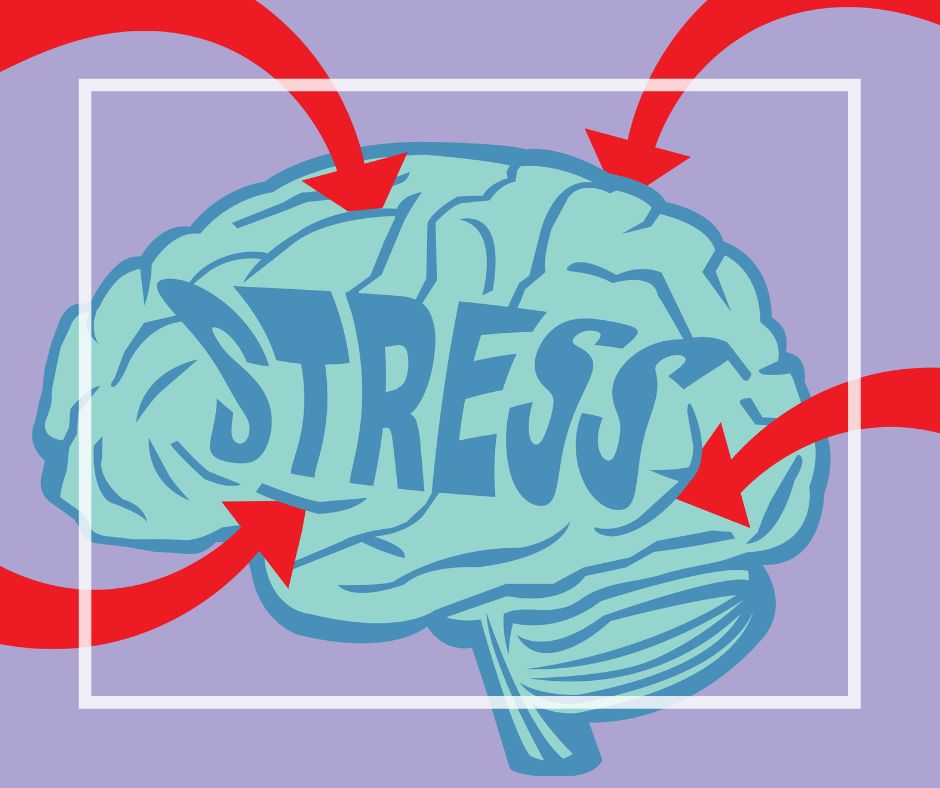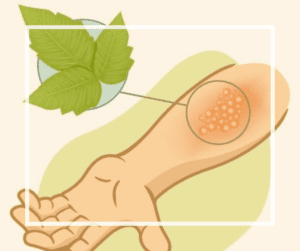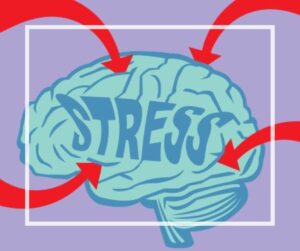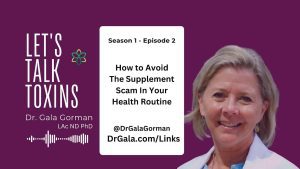Do you often wonder what does stress do to your body? Stress is something that affects all of us at some point in our lives. Whether it’s a big exam or a family emergency, stress can cause us to eat unhealthy food or skip meals altogether. It can also make us feel tired and cranky, which makes everything harder … for ourselves and those around us.
Dr. Gala’s Quick Take
Stress triggers your body’s fight-or-flight response, releasing hormones like adrenaline and cortisol, which can lead to issues like high blood pressure, weakened immune function, and energy depletion, affecting your overall health.
What Happens to Our Body When We Are Stressed?

It’s not a secret that stress can be bad for you, but exactly what does stress do to your body?
When we experience stress, our bodies go into fight-or-flight mode. Hormones like adrenaline and cortisol are released, which prepare us for either running away from danger or fighting against an aggressor. These hormones tell our brains to focus on short-term survival needs like:
- Breathing
- Controlling heart rate and blood pressure
- Digestion
- … And Immune function.
Since we need to outrun the perceived lion, they also increase energy levels and alertness.
When we are stressed out, our bodies don’t always react the way we want them to. For example, if we have high blood pressure, we might notice that we get headaches or dizziness when we are under too much stress. If we are having trouble sleeping, we might find that we wake up feeling exhausted even though we had plenty of sleep the night before.
The problem is that our bodies aren’t designed to handle a constant state of stress. We use all of our available resources trying to keep up with our daily demands. Over time, this leads to health issues like fatigue, depression, anxiety, and insomnia.
Cortisol, The Stress Hormone
When we experience stress, our body releases cortisol into our bloodstream. Cortisol is a hormone that helps regulate blood sugar levels, fight off infections, and control inflammation. When we experience chronic stress, cortisol stays elevated for longer periods of time. This can negatively impact our health and well-being.
Cortisol also signals the pancreas to release insulin. Insulin is a hormone that regulates blood sugar levels by helping cells absorb glucose (sugar) from the bloodstream. However, when we are stressed, cortisol increases the amount of insulin released. Over time this can lead to metabolic syndrome or diabetes.
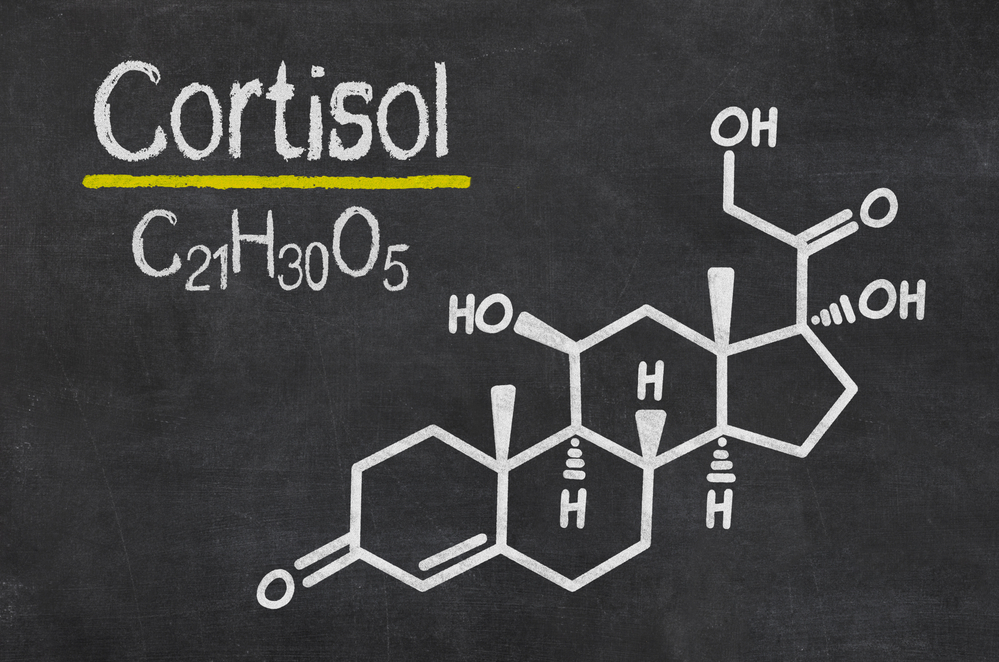
Cortisol also triggers the production of ghrelin – a hormone that stimulates hunger. Ghrelin has been shown to increase the desire to eat high-calorie, low-nutrient foods like fast food and sugary snacks.
Does Stress Impact Your Energy?
Stress causes us to release adrenaline into our bodies, which makes us feel energized for a short period of time. However, when we experience too much stress, our body starts producing cortisol, which depletes our energy levels. This happens because our adrenal glands produce cortisol when we’re under stress. Cortisol is also produced when we sleep poorly, eat unhealthy food, drink alcohol, smoke cigarettes, and exercise excessively.
What Stress Does to Your Immune System
Stress has been shown to weaken the body’s ability to fight off infections, making us more vulnerable to illness. When the body releases cortisol when we experience stress, it suppresses our immune system.
Cortisol also causes the release of adrenaline, which increases heart rate and blood pressure, and makes the muscles tense up. This causes the body to produce antibodies to protect itself from infection. At the same time, it reduces the number of white blood cells available for fighting disease.
Stress is a “double whammy” to the immune system!
Having said this, there is a type of stress called acute stress that can actually help enhance the immune system. Read that post here.
What Stress Does to Your Brain
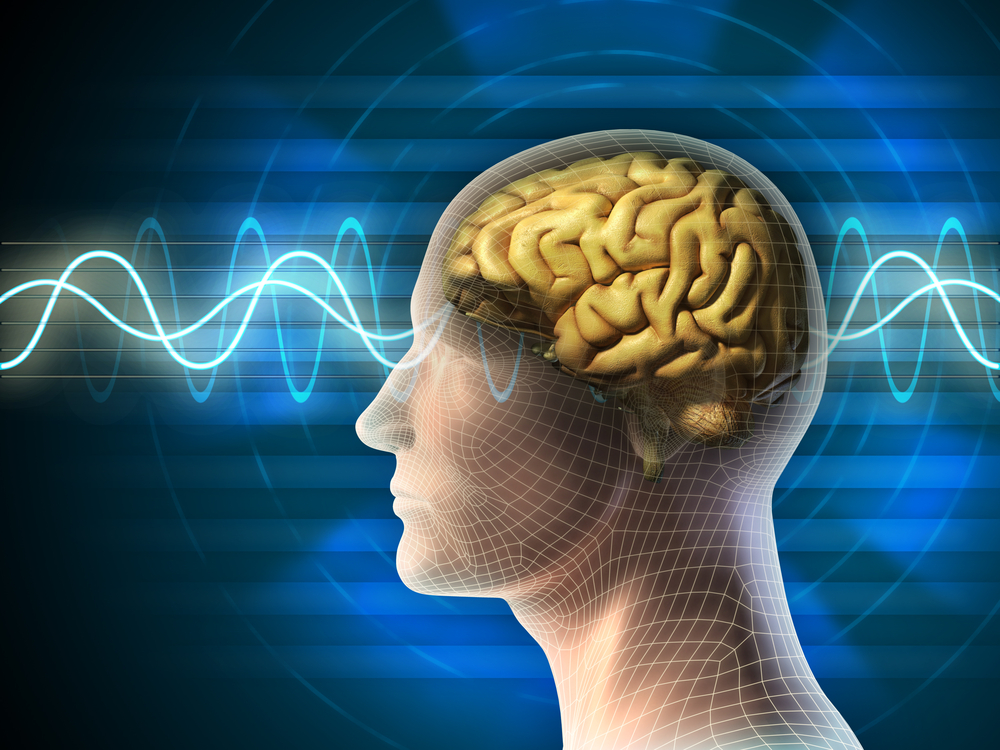
Stress affects the brain in two ways:
- The amygdala, which controls fear responses, becomes hyperactive when we feel stressed out.
- The hippocampus, which stores memories, shrinks. This causes us to forget things easily.
When we feel stressed, our body releases hormones (adrenaline and cortisol) which increase blood pressure and heart rate. This causes us to focus on short-term survival rather than long-term planning.
The prefrontal cortex, responsible for decision-making, becomes less active. As a result, we tend to make poor decisions. We also become more impulsive and prone to anger.
Stress affects the body and mind and causes us to feel anxious, angry, sad, depressed, and frustrated. Cortisol and adrenaline cause our bodies to release energy from fat stores and muscles, which makes us feel tired.
When we are stressed, our brains also release serotonin, dopamine, and norepinephrine, which help us relax to offset the stress. These chemicals don’t last long. They wear off quickly. It doesn’t take long before we start feeling irritable again if the stress continues.
What Stress Does to the Digestive System
Stress causes us to eat too much food, which leads to weight gain. When we are stressed, our body releases cortisol, which makes us crave unhealthy foods such as sweets, fatty foods, and salty snacks.
What Stress Does to Your Heart
Stress affects our hearts through several mechanisms.
- First, when we experience stress, the sympathetic nervous system is activated, which increases blood pressure and heart rate.
- Second, stress causes the release of hormones such as adrenaline and cortisol, which increase blood pressure and heart rate further.
- Third, stress causes us to eat more, which leads to weight gain.
- Fourth, stress causes us to sleep less, which means we don’t recover from the previous stressors.
- Fifth, stress causes us to be more aggressive, which puts us at greater risk of heart attacks.
It’s pretty obvious that stress is not good for your heart!
Stress and Aging
Stress causes us to age faster. As we age, we also lose our ability to cope with stress. The result is that we become less resilient. We are more likely to suffer from diseases such as heart disease, diabetes, cancer, depression, and Alzheimer’s.
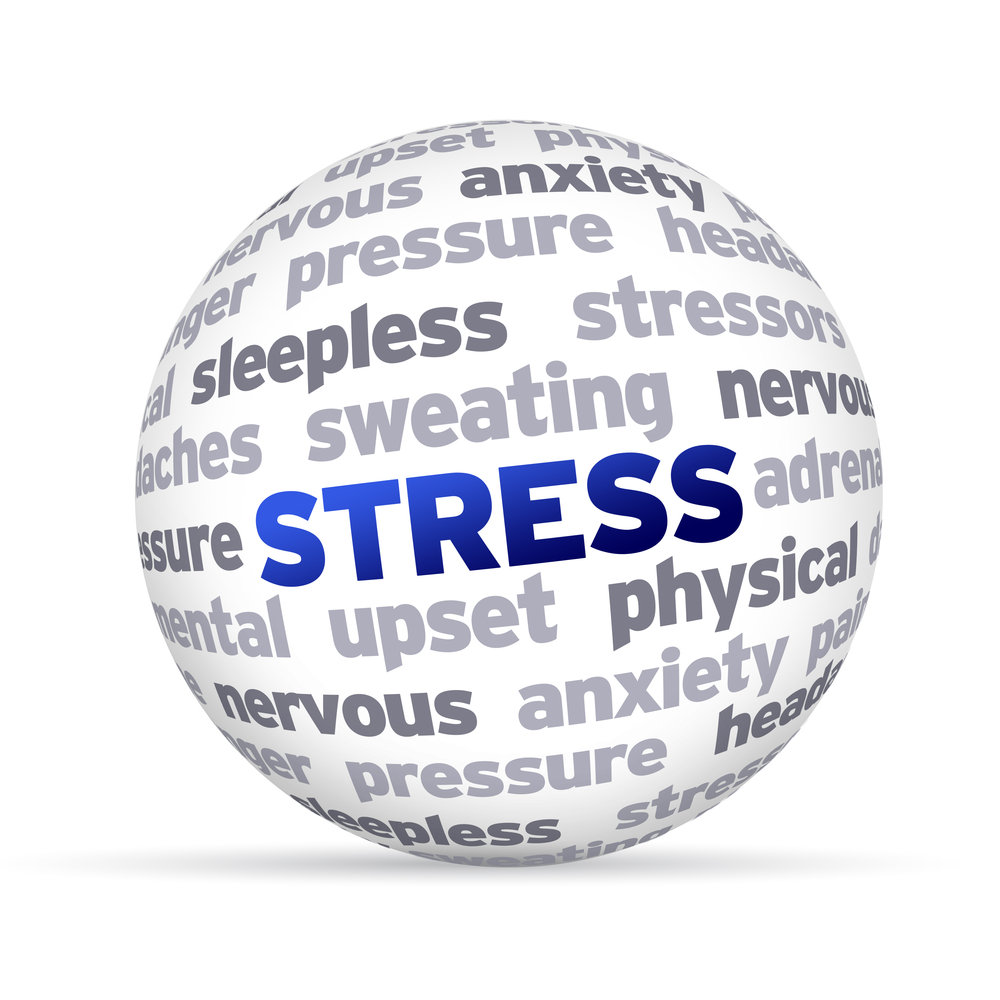
What are the signs of stress?
Stress can be difficult to recognize because stress may produce different symptoms from one person to the next. Some people experience more physical symptoms than others.
So how do we recognize stress?
Stress affects us physically, emotionally, cognitively, and behaviorally. It is important to recognize when you are experiencing any one of these symptoms, as they may indicate that you need help:
Physical Symptoms of Stress:
- Headaches
- Dizziness
- Nausea
- Tiredness
- Insomnia
- Muscle aches
- Nervousness and shaking
- Chest pain
- Grinding teeth and clenched jaw
- Muscle tension
Emotional Symptoms of Stress:
- Anxiety
- Depression
- Low self-esteem
- Moodiness
- Irritability
Cognitive Symptoms of Stress:

- Slowed thinking
- Poor memory
- Too much worrying
- Lack of focus
- Thinking negatively
- Poor judgment
- Feeling overwhelmed
Behavioral Symptoms of Stress:
- Lack of responsibility
- Exhibiting nervous behaviors (such as nail-biting and pacing)
- Eating too little or too much
- Drinking alcohol or smoking cigarettes more often
- Taking drugs
- Exhibiting anger
Why Long-Term Stress is Bad for Your Body
While stress is considered normal, chronic or long-term stress is not. Constantly experiencing stress causes inflammation in the body, which leads to diseases such as cancer, heart disease, diabetes, obesity, depression, anxiety, and other health issues. This is why it is very important to actively look for ways to reduce and manage stress.
Some of the most common ways to reduce stress include taking regular walks, meditating, exercising, eating healthy foods, getting enough rest, and spending quality time with loved ones. Find out ways of practicing mindfulness that will help you reduce stress.
“If you came into my office, I’d ask you a lot of questions that would help us connect the dots … so that together we can deal with your toxic stress.
Every situation is unique and you need a plan that works for you. Not a one-size-fits-all solution.
If you’re thinking you can’t come into my office, don’t worry. I’ve created a program with all of my initial recommendations to help you unravel the mystery. You can use it at home and at your convenience.
So if you’re thinking that managing chronic stress just isn’t possible … or even the answer … for you, I want to show you what you may be missing.
And how you can identify the toxic stressors that are creating your symptoms with my Human Energy System Reboot. You can get started HERE.” – Dr. Gala

